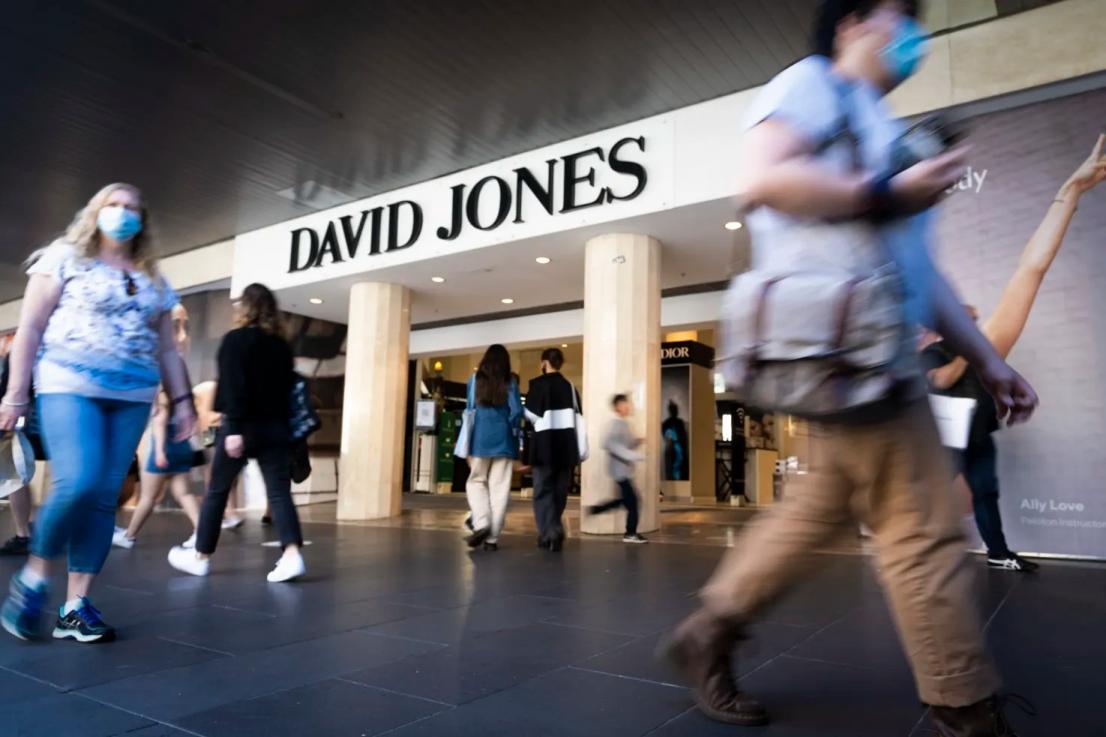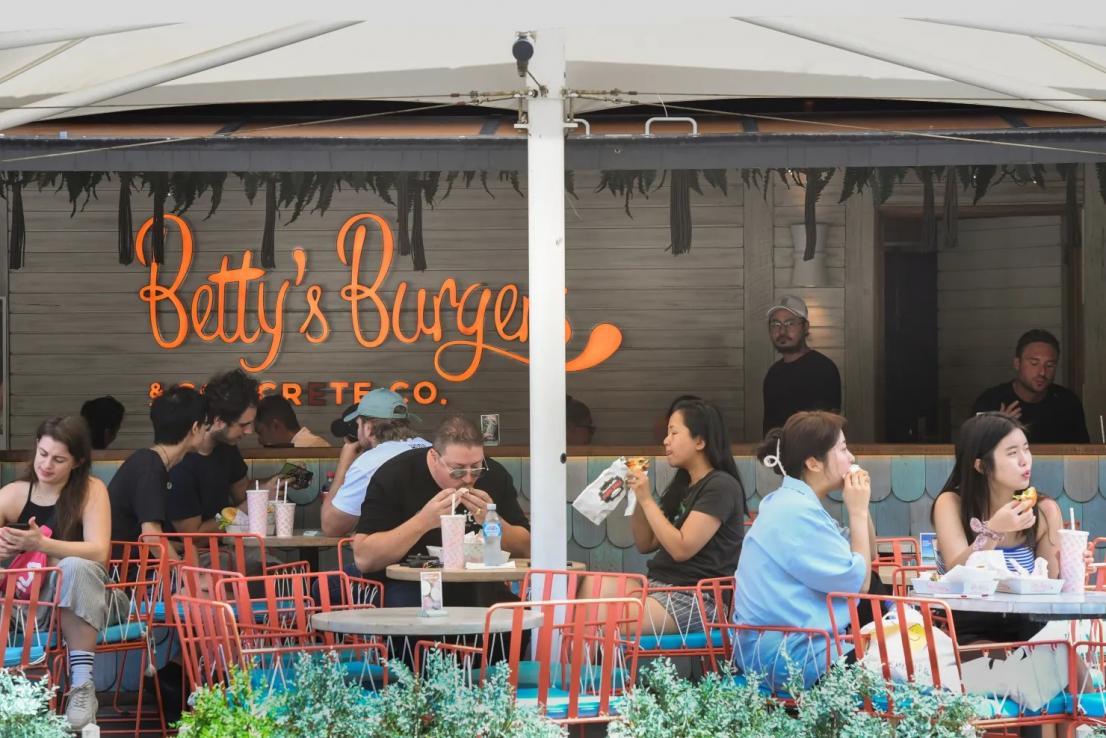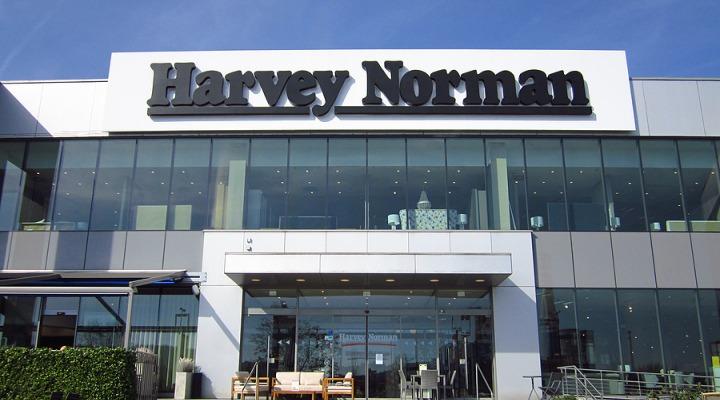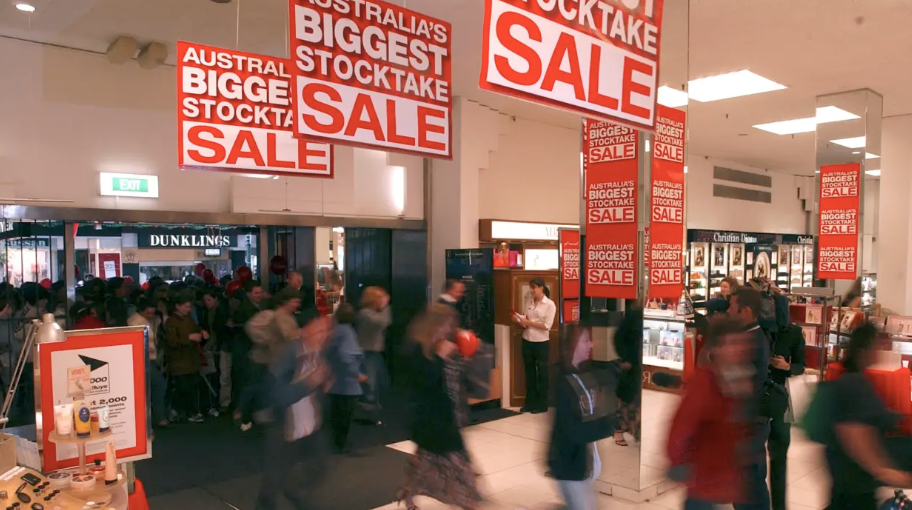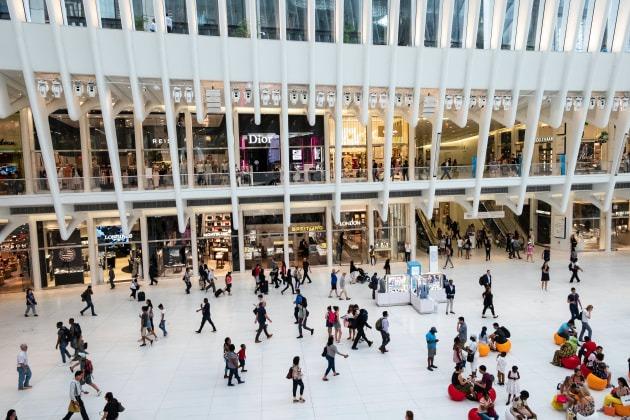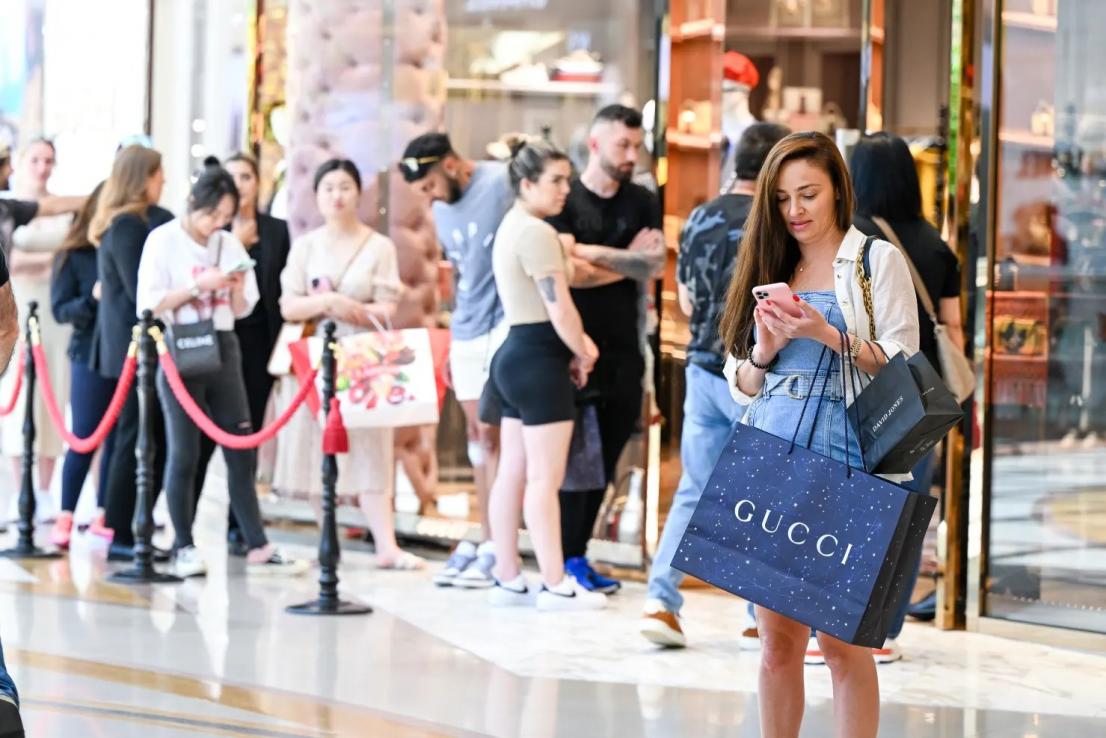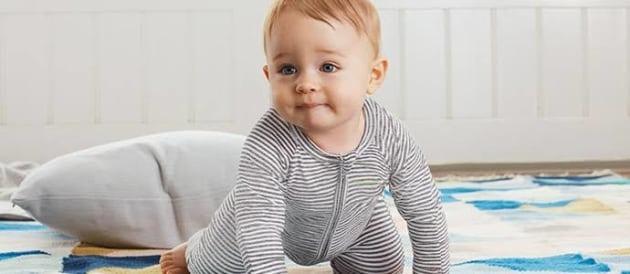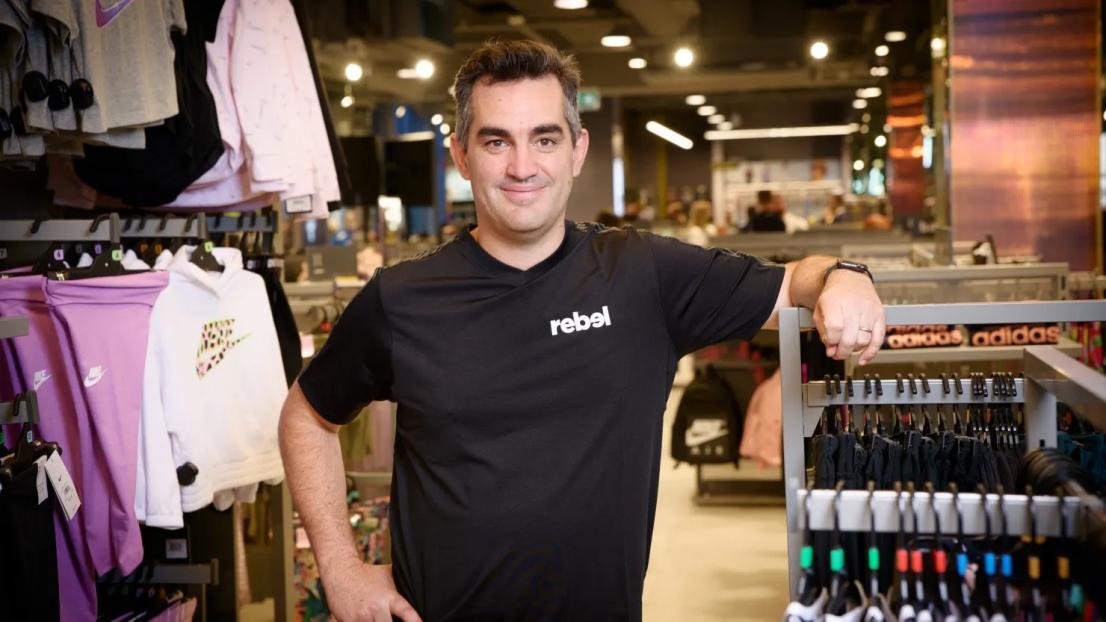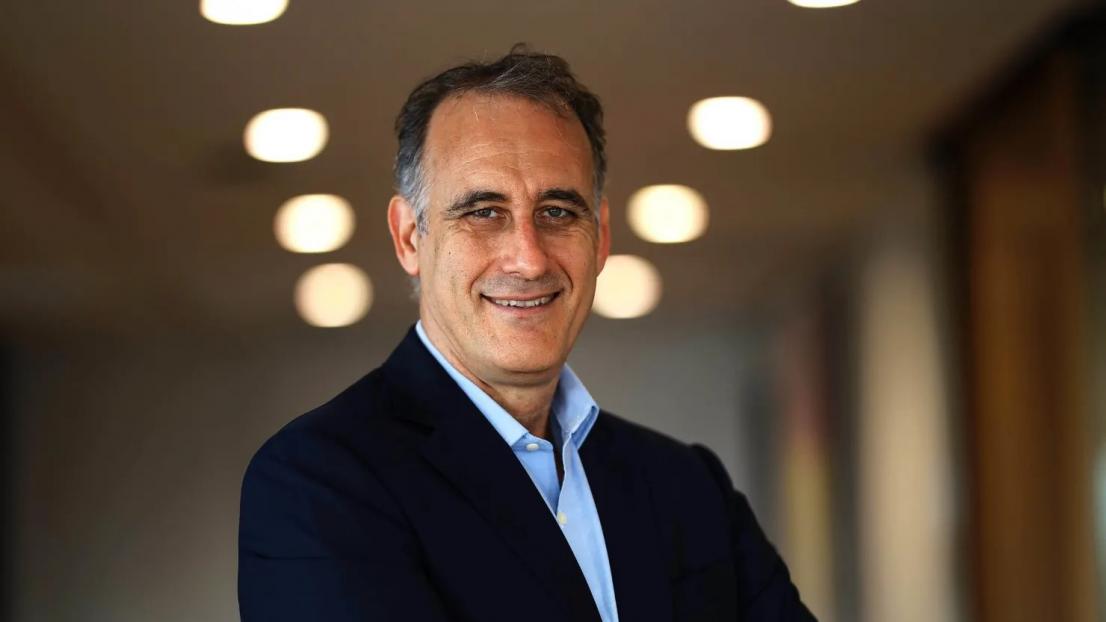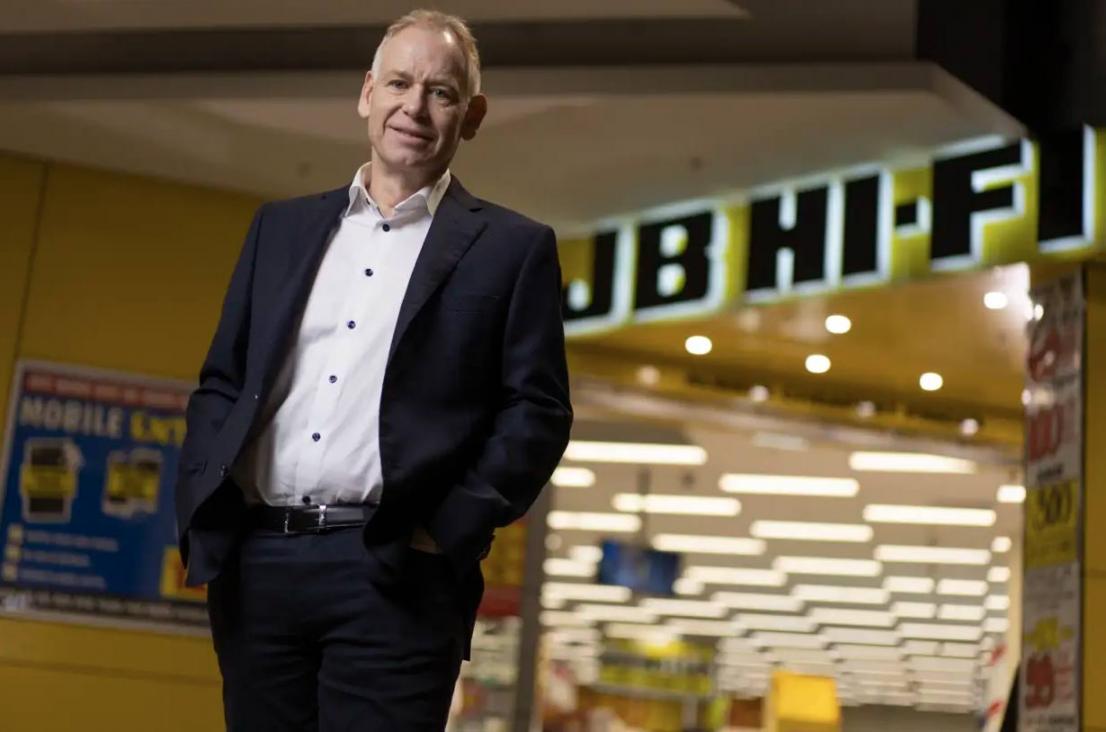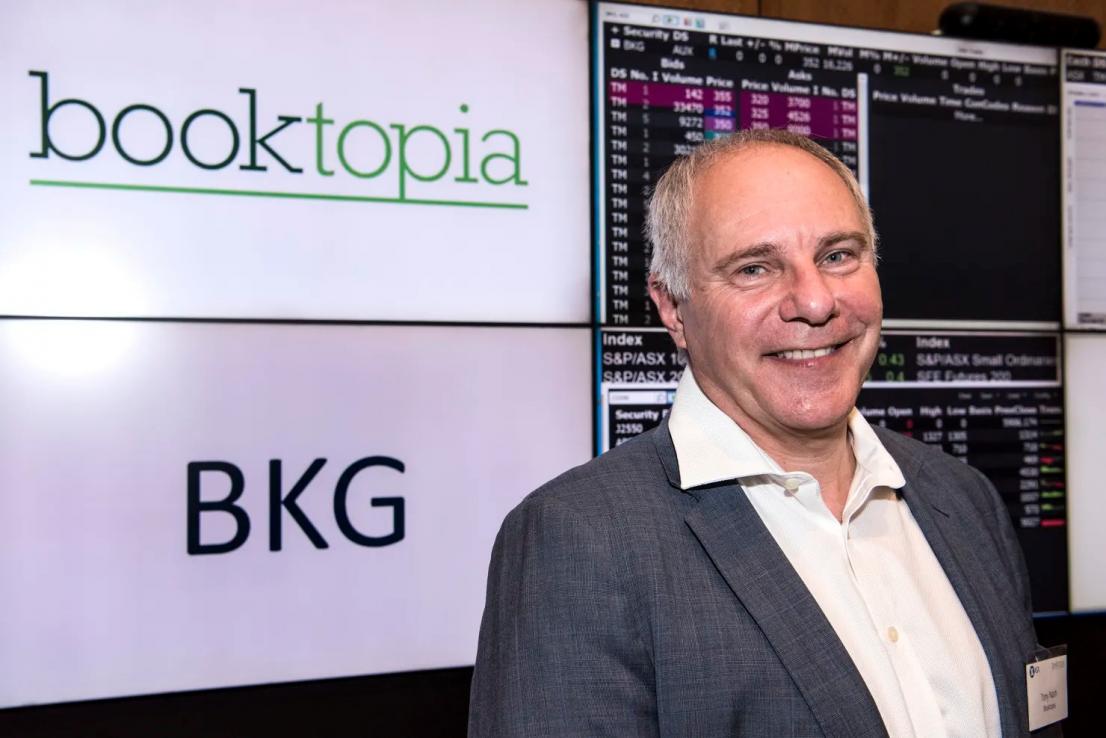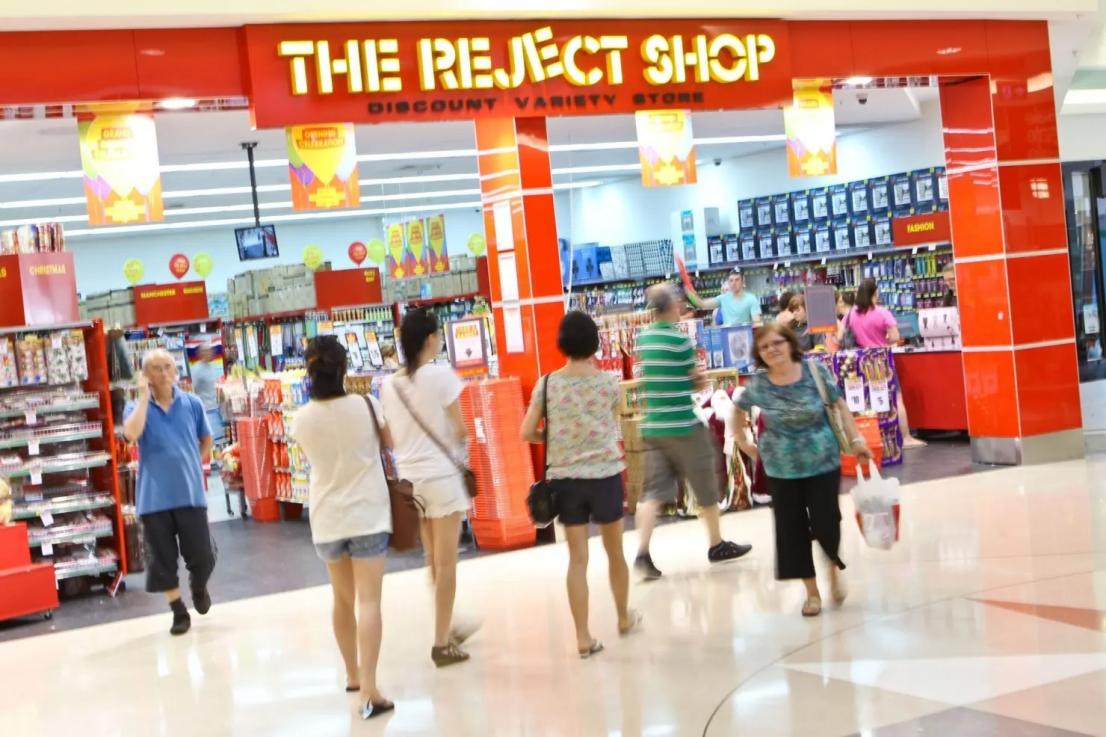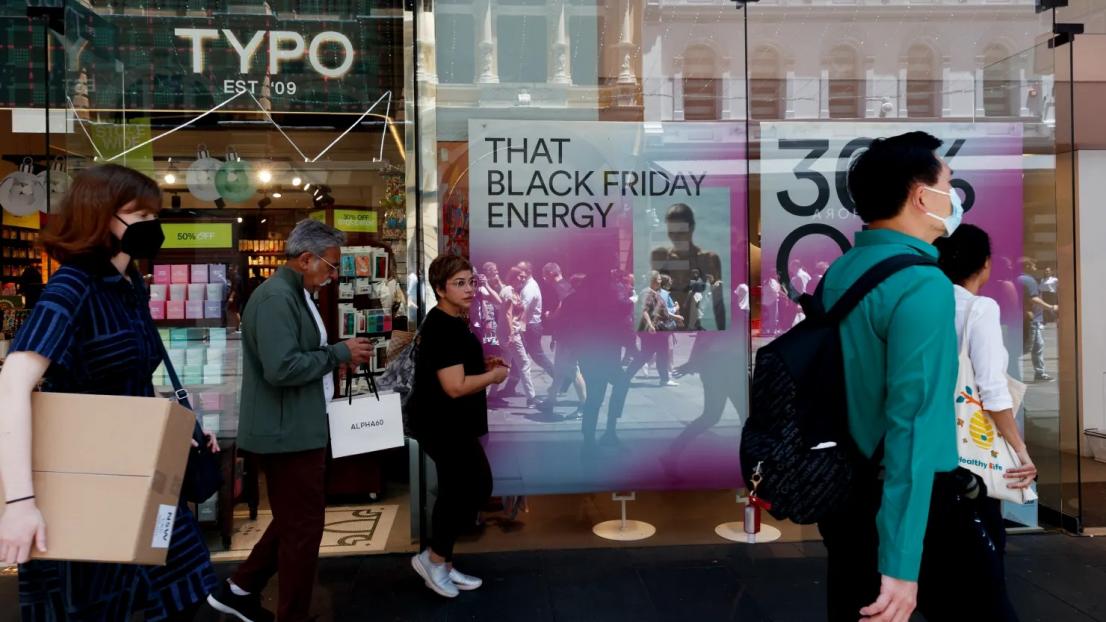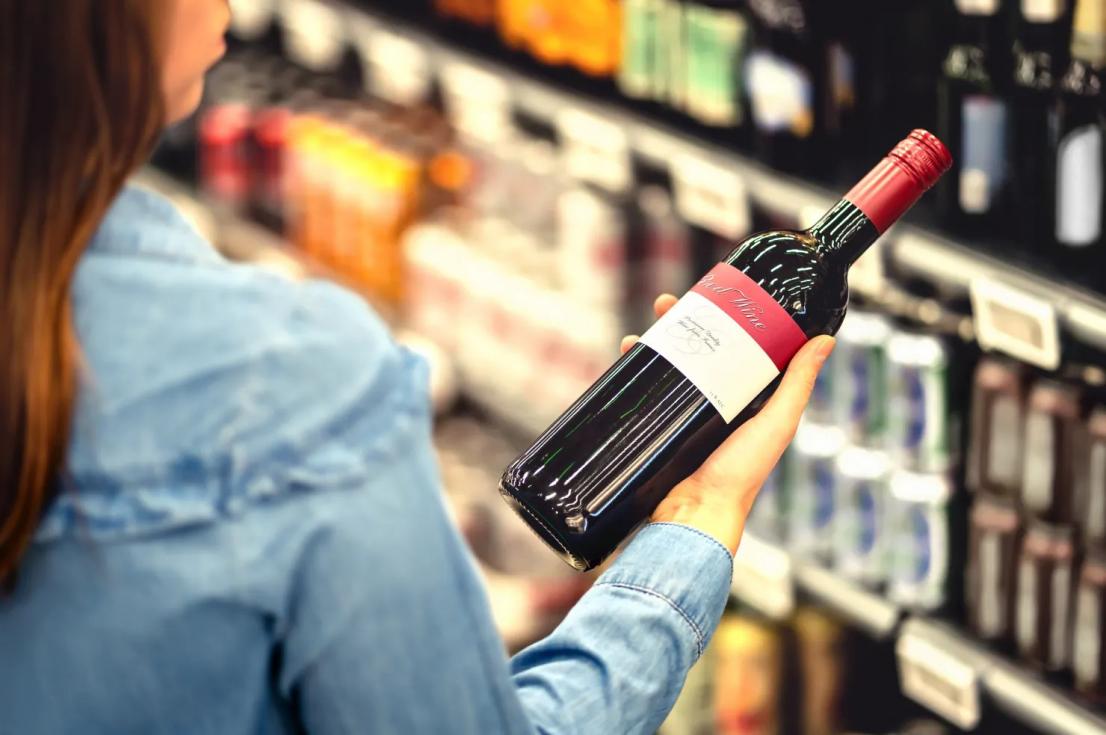
Phones, furniture and fine wine. These are some of the products the country’s biggest retailers expect to restock, even as sales slow this year amid cost of living pressures – but they’re also likely to become cheaper as companies fight to capture consumers.
Patrick Coghlan, chief executive of CreditorWatch, said company announcements indicated softening sales in the first quarter of this year, but that it would likely drag out across the year.
“We’re seeing green shoots of consumers tightening their belts,” he said. “JB Hi-Fi, which is the pin-up child of retail, flagged that their sales were down in January, suggesting the downturn is in small-ticket as well as big-ticket items. The consensus is that there’ll be at least 12 months of pain.”
But in good news for consumers, CreditorWatch chief economist Anneke Thompson said price pressures would likely ease this year.
“We should see further drops in the rate of price growth as data is now being measured off 2022 figures, when price rises had already kicked in,” she said.
Last week, the country’s largest electronics and whitegoods retailer said it anticipated sales to slow this year, despite posting a record double-digit jump in half-year profits.
JB Hi-Fi boss Terry Smart said that there would likely be a ramp-up in discounting as retailers raced to capture consumers amid rising interest rate pressures.
“Customers are still spending more than they were at the same time last year, but are starting to become more cautious with their spending,” he said. “We’re seeing some on-floor discounting start to build, and we expect some of those elevated margins, especially in JB Hi-Fi, return to more historical levels.”
But phones and computers will remain in demand, Smart said, as they have become staples in day-to-day life. “People will continue to spend, upgrade and replace them,” he said.
Sales growth in JB Hi-Fi’s Australian business dropped to 2.5 per cent in January, compared with 4.3 per cent at the same time last year, and 9.1 per cent in the first half.
Online furniture retailer Temple & Webster is also looking towards smaller price tags, after it revealed a 7 per cent slowdown in sales in the first five weeks of the year and a 46.7 per cent drop in first-half net profits.
Boss Mark Coulter said furniture was a “less discretionary” area of spending, but that as the cost of living increases, Temple & Webster will tailor to its core customer base of Millennials, who will be hunting fiercely for the best deals.
“We don’t think there is going to be a mass migration to entry-level products... but definitely we are looking to import and promote products which customers can afford,” Coulter said last week.
Meanwhile, the boss of drinks retailer Endeavour Group said inflation wasn’t putting a cork on people’s drinking habits.
Last month, the company snapped up iconic Margaret River winery Cape Mentelle from luxury goods behemoth Moet Hennessy, as it expects consumer demand to hold up.
Relative to other indulgences, the company’s chief executive, Steve Donohue said, a bottle of gin or higher-end wine “still remains affordable.”
Alcohol prices, up 4.2 per cent in November, remained lower than food prices (up 9.4 per cent) and the broader consumer price index which put inflation at 7.3 per cent.
But Donohue acknowledged that the sales outlook remained uncertain, and that Dan Murphy’s would lean on the lowest price guarantee to give it a competitive edge.
Two businesses benefitting from consumers’ penny-pinching are low-cost retailers Bunnings and Kmart, owned by retail giant Wesfarmers.
The conglomerate’s chief executive, Rob Scott, said customers were chasing value as interest rates took a toll.
“We are starting to see some changes in behaviour – we are starting to see a greater orientation by customers to value,” he said. “We have retained the trust of customers by keeping our prices low – that seems to be resonating with customers.”
Wesfarmers reported a 14.1 per cent jump in first-half net profits last Wednesday, and said that results through the first five weeks of the year had been “broadly in line” with growth reported for the first half.
The slew of retail earnings last week also served as a clear reminder that shoppers still open their wallets for everyday essentials, even when the cost pressures are reaching boiling point.
After negotiating years of COVID-induced retail closures, discount department store Kmart emerged this week ready to welcome budget-conscious shoppers with open arms. Parent company Wesfarmers confirmed Kmart Group’s revenue jumped 24.1 per cent to $5.7 billion in the six months to December.
Kmart boss Ian Bailey said the company has seen customer growth across low, middle and high-income earner demographics.
“We’re seeing strong growth in home goods, strong growth in toys, as well as strong growth across clothing – which is probably different to the [broader] market,” he said.
Record sales figures at Rebel and Macpac operator Super Retail group also showed there’s certain spending that shoppers won’t cut back on. Trends including the return to organised sport and Australia’s wet summer helped drive demand for sporting apparel and rain gear, while Supercheap Auto’s results showed nobody was scrimping on car maintenance.
“If the light bulb is broken in a brake light, I’ll get a new brake light,” chief executive Anthony Heraghty said. “We have characteristics of the business that makes it quite defensive.”


